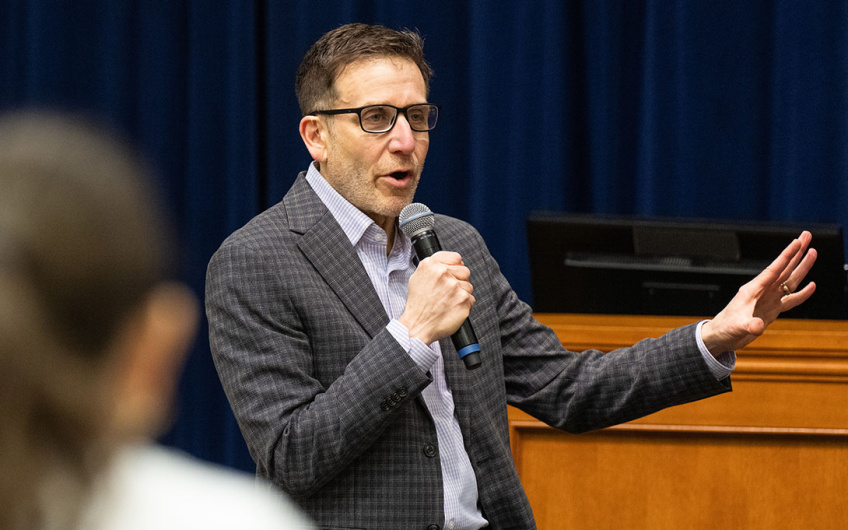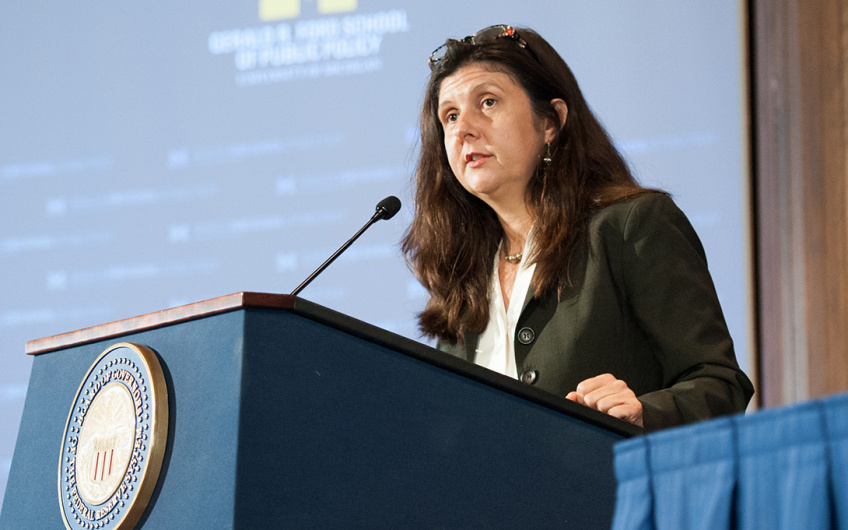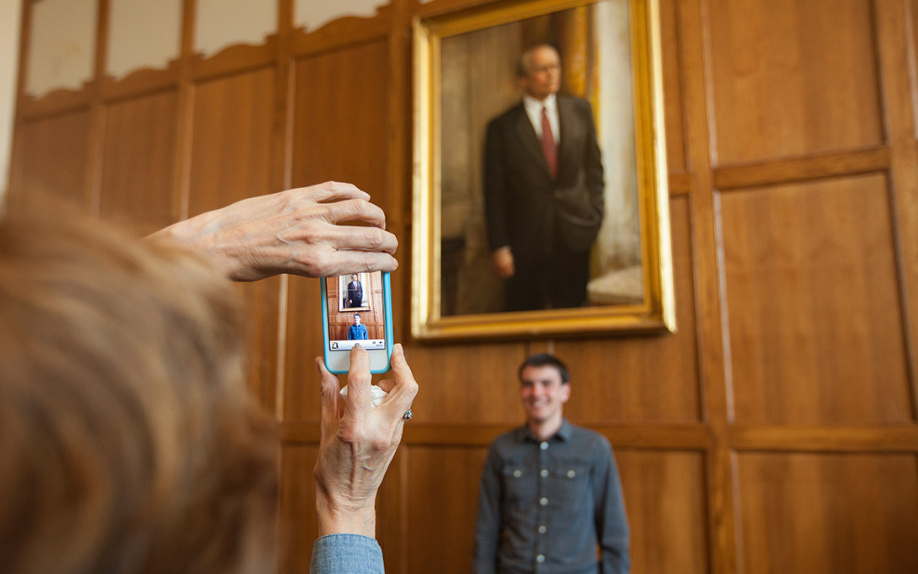For actionable solutions
In the room where evidence-based policy happens
Our faculty are among the University of Michigan’s most accomplished, creative, and collaborative—and they’re built for action in policy arenas.
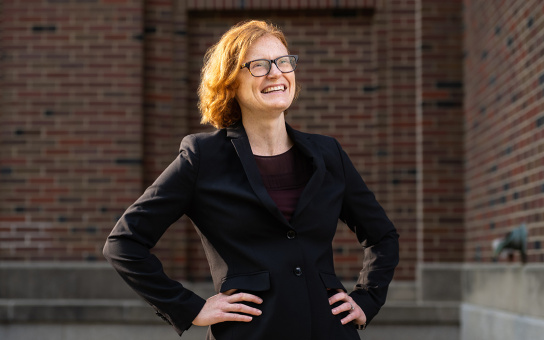
Economists, political scientists, sociologists, historians, psychologists and more, putting deep knowledge to work alongside cutting-edge analytical methods. Our “professors of practice” join us with experience gained from all over the world, bringing their expertise as former ambassadors, national security professionals, and policy leaders into our classrooms.
They choose to be part of the Ford School in part because they’re catalysts for change, with the drive and the know-how to create meaningful solutions to complex problems, influence policies, and improve lives.

How do we build a private-public partnership to help new mothers in Flint, Michigan give their babies a healthy start? How do we encourage more talented teens from low-income families to apply to the University of Michigan? How do we center equity in our technological innovations?
Ford School faculty know how to do those things–and they’re getting them done.
Our faculty are engaged in the world. You’ve heard them on the news and seen them in the papers. They support and consult with local and regional leaders here in Michigan and in communities throughout the world. They serve as presidential and gubernatorial appointees, testify before Congress, and write bestselling books.
And, they do this all while teaching and mentoring the world’s future policy leaders.
We look to you ...
to help us attract and support the world’s most brilliant problem solvers.
Flint is leading the nation by building on the evidence, and creating an easy-to-replicate playbook for how we care for our youngest kids."
Luke Shaefer
Historically, public policies public and policy engagement, related to emerging technologies have focused on stimulating innovation while protecting the public from physical risks. But there is growing awareness that technology can exacerbate social inequality and injustice. To solve it, we need to rethink our innovation systems."
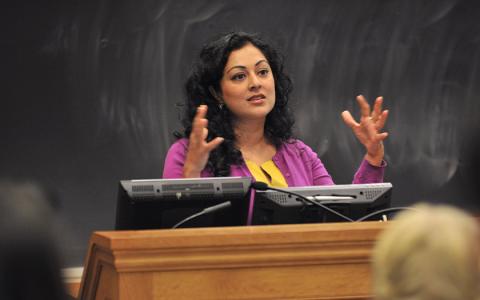
Shobita Parthasarathy
